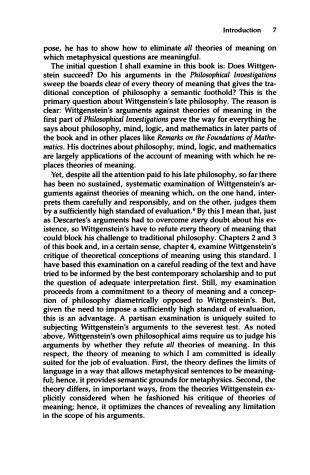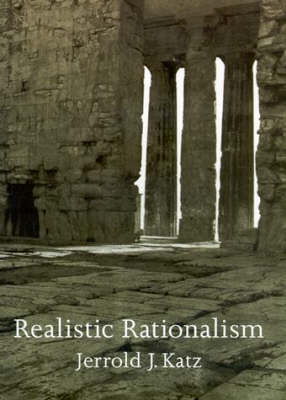Representation and Mind
2 total works
Jerrold J. Katz offers a radical reappraisal of the "linguistic turn" in twentieth-century philosophy. He shows that the naturalism that emerged to become the dominant philosophical position was never adequately proved. Katz critiques the major arguments for contemporary naturalism and develops a new conception of the naturalistic fallacy. This conception, inspired by Moore, explains why attempts to naturalize linguistics and logic, and perhaps ethics, will fail. He offers a Platonist view of such disciplines, justifying it as the best explanation of their autonomy, their objectivity, and their normativity.
The book illuminates a wide range of philosophical issues, including the nature of necessity, the distinction between the formal and natural sciences, empiricist holism, the structure of ontology, and philosophical skepticism. Philosophers will use this fresh treatment of realism and rationalism as a starting point for new directions in their own research.

